Posts
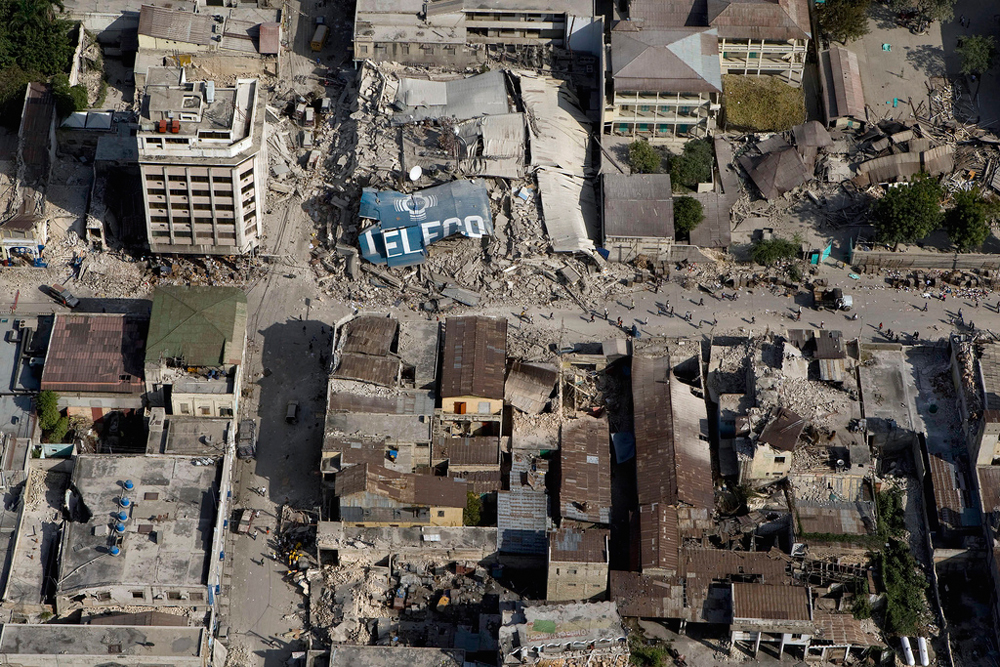
Perspective: Water, Energy, Economy, Poverty, and Haiti
5 Comments
/
The average Haitian has been living the life of a disaster victim even before the earthquake. It is the poorest country in the Western Hemisphere. Its human development and other indices were about what one would find in some of the poorest sub-Saharan countries. Mismanagement, corruption and just plain venality have forever been human-caused security earthquakes in this sad country.
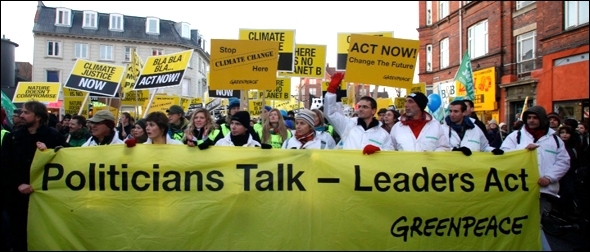
The Struggle for Indigenous and Freshwater Rights at Copenhagen and Beyond
For two weeks in Copenhagen last month climate negotiators debated carbon levels, emissions, and balancing the financial burden of saving the planet among developed and developing countries. Still, even as international leaders wrestled with the complex mix of geopolitics, science, economics, and diplomacy, another important ingredient in the climate crisis was barely mentioned: the effect of the warming planet on the Earth's freshwater.
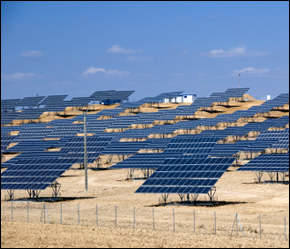
Saudi Arabia to Use Solar Energy for Desalination Plants
New initiative will decrease the country’s reliance on oil for its electrical needs.

Peter Gleick: Where to find one million acre-feet of water for California.
Californians have improved their efficiency of water use over the past 25 years. The state's economy and population have grown. But total water use has not grown, and per person, each Californian uses far less today. This improvement in efficiency has saved the state's collective rear end. So far.

Epilogue from Steve Solomon’s Water The Epic Struggle for Wealth, Power, and Civilization
The close of economic journalist Steven Solomon's book is a reflection on the new meaning of water given today's scarcity crisis. Solomon connects freshwater's past and present to paint a future, and potentially very unstable picture of human civilization. By redefining facets of this precious resource, however, he presents the foundation of finding global solutions.

U.S. Charm Offensive at Copenhagen Climate Conference: Will it Work?
Our second installment of COP15 coverage reflects on the overdue, yet changing tide of American climate policy.

UK Water Company Turns Fecal Waste into Energy, Saves Money
Human waste is a cheap energy source for Thames Water, which is in a price dispute with the UK’s water regulator. Thames Water, the largest water provider in the United Kingdom, saved £15 million (US$25 million) last year by using human feces as a source of renewable energy.
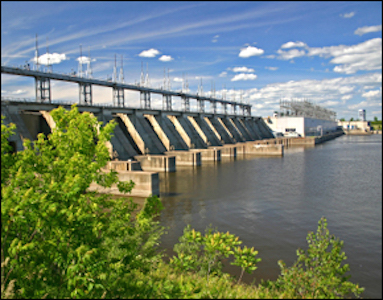
Climate Negotiations Must Consider Water and Energy Together, IWA Says
Water policy and energy policy must be integrated, according to the International Water Association
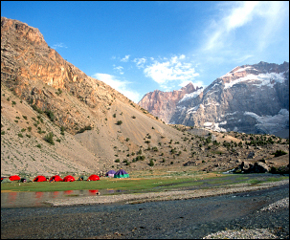
Water Becomes a Pawn In Central Asian Energy Dispute
Uzbekistan exits the regional energy grid and Tajikistan vows to complete world's tallest dam.
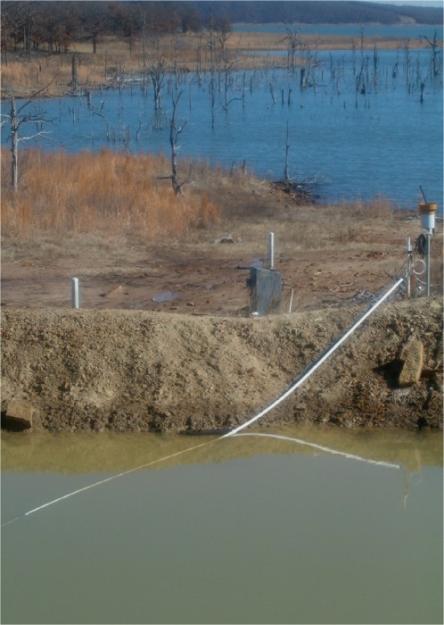
Peter Gleick: What the Frack? Poisoning Water for Energy Profits
Injecting water, chemicals, and sand to "frack" the gas from shale rock formations.
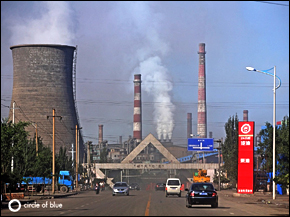
Environmental Policy Council Advises Cut in China’s Carbon Intensity
China should reduce its carbon intensity by 4 to 5 percent per year to achieve goals of low-carbon development by 2050. The proposal from the China Council of International Cooperation on Environment and Development (CCICED) is the first time such a high-level organization has proposed firm targets for emissions.

Time Is Running Out To Slow Climate Change, Report Finds
A new IEA study reveals the costly consequences of increasing current energy consumption patterns and calls for swifter policy action.


